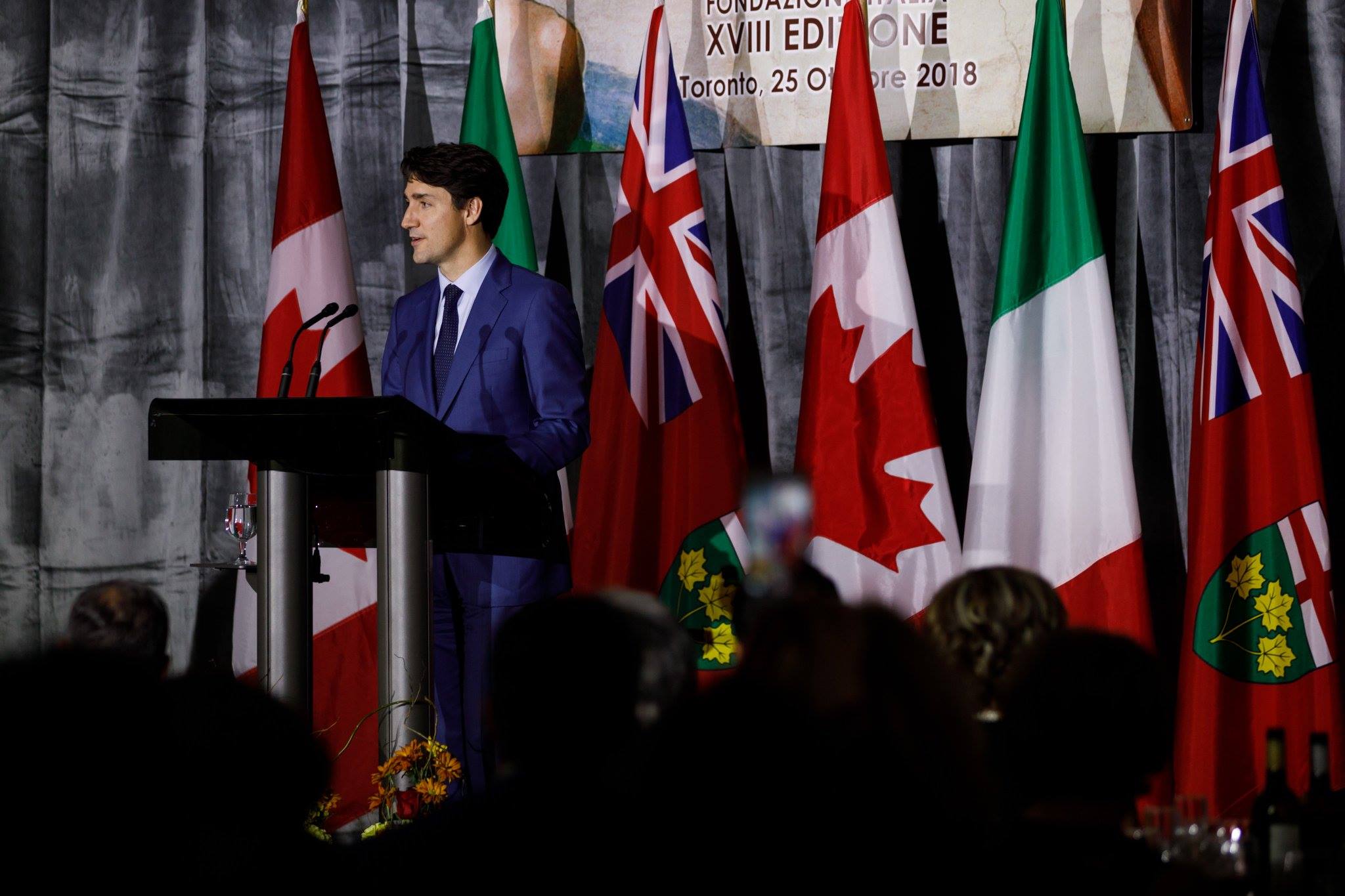
CHILKO LAKE, B.C. — A First Nations leaders says it’s meaningful to community members that Prime Minister Justin Trudeau has agreed to apologize in person for the hanging of six chiefs in British Columbia during the so-called Chilcotin War more than 150 years ago.
Speaking from a ranch flanked by towering mountains in the Nemaiah Valley near Chilko Lake, Coun. James Lulua of the Xeni Gwetin nation said it’s unusual for Canadian leaders to make their way into the Tsilqot’in territory.
“I think it’s good. Finally. Finally one of the main leaders in Canada is finally putting their foot down here in Tsilqot’in territory,” Lulua said.
Lulua said about 40 per cent of the community in the central Interior doesn’t speak English and many don’t know who Trudeau is, but those who do appreciate the effort to right a historic wrong.
The Prime Minister’s Office said Trudeau will apologize on Friday directly to members of the Tsilhqot’in community for the hangings of the six chiefs. Trudeau was also scheduled to meet with leaders of the tribal council and community members at Chilko Lake for a smudging and brushing off ceremony, gifts, traditional feast and bear dance.
The visit follows a “statement of exoneration” that Trudeau made in the House of Commons in March when he apologized for the hangings before Tsilhqot’in leaders who watched from the gallery. Trudeau said he would accept an invitation to do so again in their territory.
The incident stems from a deadly confrontation with a white road-building crew that had entered Tsilhqot’in territory without permission in 1864.
After the workers were killed, five chiefs attended what they were led to believe would be peace talks at the invitation of government representatives, but instead they were arrested, tried and hanged. A sixth chief was executed the following year.
The Tsilhqot’in have long disputed the government’s authority to execute the six chiefs as criminals, describing the confrontation as an altercation between warring nations.
At various points while the speech was read, members of Parliament broke into applause, prompting the Tsilhqot’in chiefs to hold up eagle feathers in salute.
Trudeau said in March the Canadian government recognizes that the six chiefs were leaders of an independent nation, that they acted in accordance with their laws and traditions and that they are well regarded as heroes of their people.
The British Columbia government apologized for the executions in 1993 and installed a commemorative plaque at the site of the hangings.